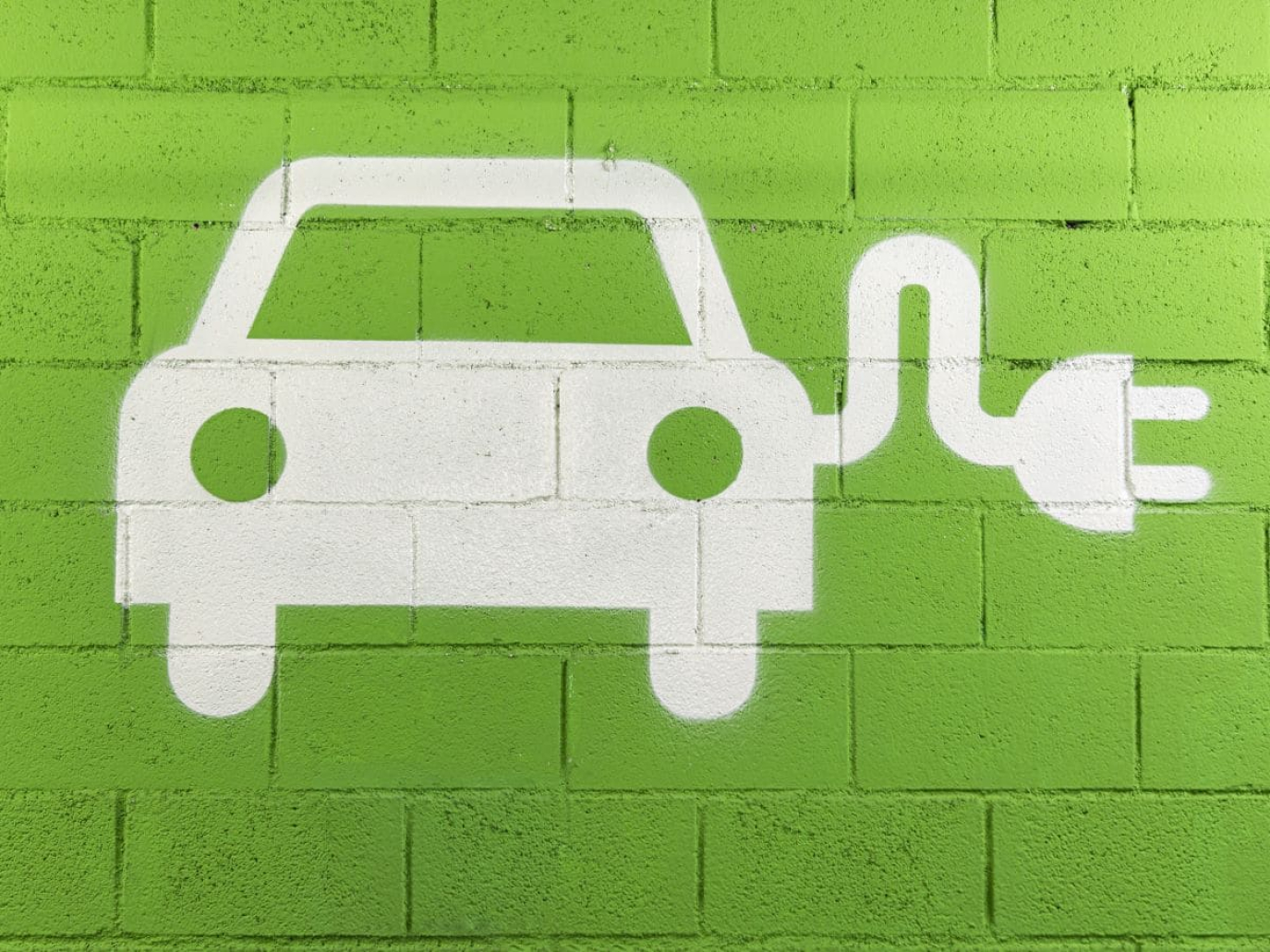
SurplusMap designs smarter, more sustainable charging infrastructure. Founded by Luis de Ita Maubant and Reiner van Gageldonk, the Norwegian startup has developed a platform that combines big data, artificial intelligence, and geospatial analysis to predict where and when charging demand will occur. By monitoring over half a million charging stations in Europe and analysing millions of charging sessions in detail – from traffic flows to land use models, from demographic data to vehicle registrations, all the way to competing services – SurplusMap identifies the micro-markets in which chargers will reach sustainable usage levels and flags those in which this will not happen, avoiding wasted investments.
Going beyond static maps and driving toward predictive infrastructure intelligence, the platform enables operators and investors to make decisions on future implementation. "We have created SurplusMap to make electrification work in practice, not just on paper," CEO Luis de Ita Maubant tells Renewable Matter. "With unique data and artificial intelligence, we can guide the expansion of charging stations and prepare to integrate them into tomorrow's energy system."
As increasing numbers of charging stations are installed across Europe, the problem of making the grid work economically remains. The risk is that an indiscriminate race to installation might lead to an excess of supply and loss-making infrastructure.
In Northern Europe, various charging point operators, such as supermarket chains and retailers, already use SurplusMap to optimise networks, while Berlin-Brandenburg Airport is collaborating with the startup to manage the charging of cars, taxis, and HGVs.
Supported by EIT Urban Mobility, the company sees charging hubs as assets for the energy grid, not only in the service of motorists but also as contributors to the stability of the electric system. In partnership with the city of Oslo, the startup is researching how charging models impact the grid and how hubs can become balancing instruments. A pilot project, planned for 2026, aims to prove how public charging can support both citizens and the energy system.
Name:
SurplusMap
Web site:
Sector:
Renewable energy
Pros:
A platform that combines big data, artificial intelligence, and geospatial analysis
Features:
Smart and economically sustainable planning of charging infrastructure
Cover: photo by Envato



